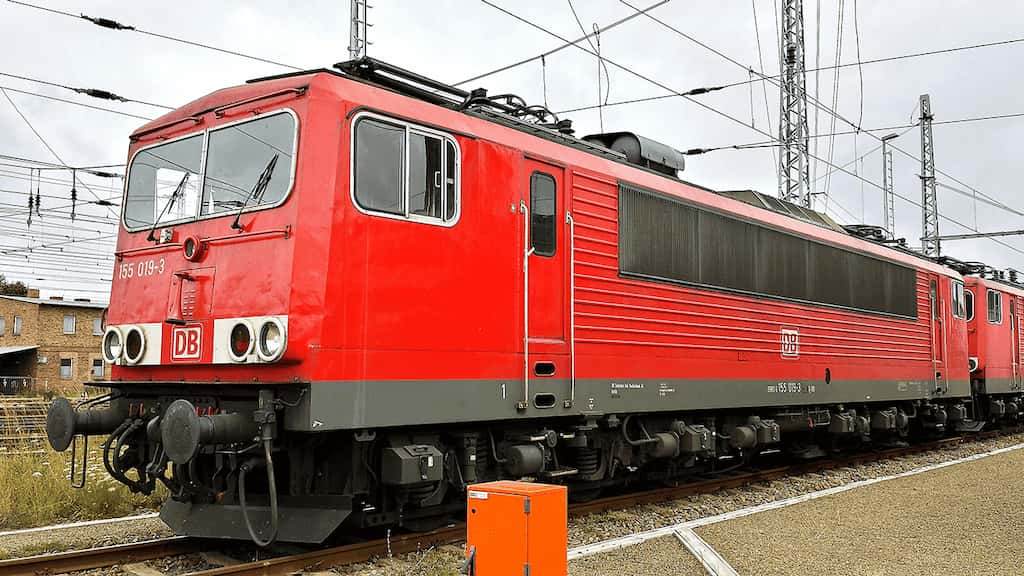DR Class 250 - The locomotive for heavy freight trains
Search
Due to the increased demand for powerful locomotives in the GDR after the Second World War, the search for an innovative electric locomotive that met the requirements of increasing freight traffic began at the beginning of the 1970s. In particular, there was a lack of attractive locomotives for which starting with heavy loads posed no problem and at the same time were able to reach and maintain higher speeds of approx. 120 km / h. With the development of the series 250, the manufacturer Lokomotivbau Elektrotechnische Werke Hans Beimler Hennigsdorf came to this need.
A copy of one of the prototypes of the DR Class 250, completed in 1974, can still be seen today in the Museum of the Deutsche Bahn in Halle an der Saale. In 1977, the 250 series finally went into production and was produced 270 times over the next seven years. The “power container”, as the locomotive type 250 was called because of its container-like box shape, reached a top speed of 125 km / h, had a continuous traction of 196 kN and thus met the increasing demands in freight transport.
| Manufacturer: | LEW-Hennigsdorf |
| Length: | 19,600 mm |
| Numbering: | 250 001-273 155 001-273 |
| Weight: | 123 t |
| Years of construction: | 1974, 1977-1984 |
| Retirement: | by 2019 (at DB) |
| Top speed: | 125 km/h |
| Propulsion: | Cone ring spring drive, fully sprung |
| Traction motors: | 4 |
| Power system: | 15 kV 16.7 Hz |
| Number: | 273 |
| Power: | 5100 kW at 107 km/h |
| Attractive force: | 480 kN |
| Train protection: | Sifa, PZB, LZB |
| Brake: | Compressed air brake, electric brake (KE-GPR-EmZ) |
| Axle formula: | Co'Co' |
| Interesting facts |
|---|
| The electric locomotive DR Class 250 belongs to the locomotives with the axle formula Co'Co'. With the axle formula Co'Co', three individually driven axles were and are used in each of two different frame bogies. More interesting facts |
Whereabouts of the DR Class 250
In the course of time, especially as a result of the reunification of GDR and FRG, the transport of heavy goods increasingly shifted from rail to road. The high-tensile 250 series became redundant in East German freight train traffic. Some locomotives were connected to the German Federal Railways and were henceforth under the DB designation 155 listed, but also Switzerland was grateful customer of the reliable DR Class 250th Even today, the locomotive is still to be found in German stations. Although the maintenance of the DR Class 250 is increasingly hampered by a lack of useful spare parts, the Deutsche Bahn has decided to keep the traditional locomotive for the time being to the delight of the lovers of the DR Class 250 series.

